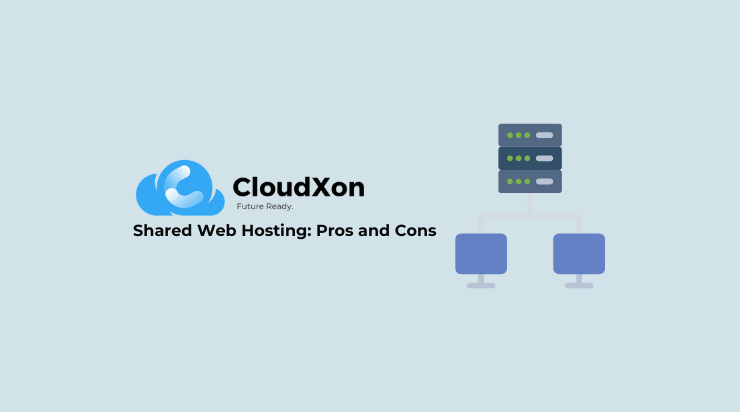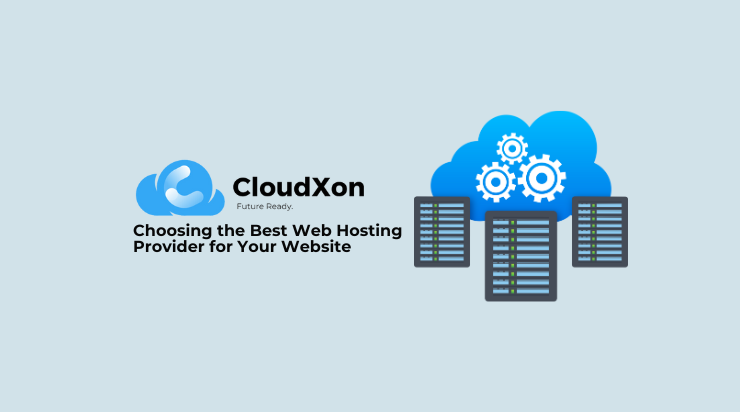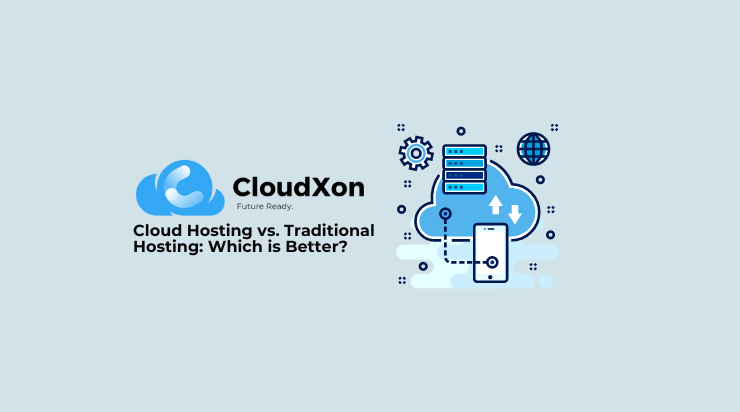Co-location services have become a crucial aspect of modern IT infrastructure management. In this comprehensive guide, we’ll delve into the world of co-location services, exploring their benefits, best practices, and how they can optimize your organization’s IT operations.
Co-location services offer businesses the opportunity to house their servers and IT infrastructure in a secure and reliable data center facility. This allows organizations to benefit from advanced infrastructure without the need for significant investments in building and maintaining their own data centers.
One of the key advantages of co-location services is the enhanced reliability and uptime they provide. By colocating servers in a professionally managed data center, businesses can ensure uninterrupted access to their applications and data, minimizing downtime and disruptions.
Furthermore, co-location services offer scalability and flexibility, allowing businesses to easily scale their IT infrastructure as their needs evolve. This flexibility is crucial in today’s dynamic business environment, where agility and responsiveness are paramount.
Security is another critical aspect of co-location services. Data centers that offer co-location services implement robust security measures, including physical security, access controls, and data encryption, to protect clients’ sensitive information from unauthorized access and cyber threats.
Choosing the right co-location provider is essential to maximize the benefits of co-location services. Businesses should evaluate providers based on their track record, infrastructure reliability, security protocols, connectivity options, and customer support services.
By following best practices and partnering with a reputable co-location provider like CloudXon, businesses can leverage co-location services to optimize their IT infrastructure, enhance security and reliability, and focus on driving business growth.
-
Benefits of co-location services: reliability, scalability, security, cost-effectiveness
-
Factors to consider when choosing a co-location provider: reliability, security, connectivity, support
-
Best practices for co-locating servers: planning, optimization, security measures, monitoring
-
Real-world case studies showcasing successful co-location implementations
What are Co-location Services?
Co-location services involve renting space in a data center facility to house servers, networking equipment, and other IT infrastructure. This arrangement allows businesses to benefit from the data center’s robust infrastructure, including power, cooling, and security, without the capital investment and operational complexities of managing a data center in-house.
Benefits of Co-location Services
- Enhanced Reliability and Uptime:
- Co-location providers offer redundant power sources, backup generators, and advanced cooling systems, ensuring uninterrupted uptime for critical business operations.
- Scalability and Flexibility:
- Businesses can scale their IT infrastructure up or down as needed, without the constraints of physical space or hardware limitations.
- Improved Security and Compliance:
- Data centers implementing co-location services adhere to strict security standards, including access controls, surveillance systems, and data encryption, ensuring compliance with regulatory requirements.
- Cost-Effectiveness:
- Co-location eliminates the need for upfront capital expenditure on building and maintaining a data center, reducing operational costs and improving financial efficiency.
- Access to Advanced Infrastructure:
- Co-location providers offer state-of-the-art infrastructure, including high-speed connectivity, redundant network connections, and disaster recovery solutions, empowering businesses with advanced technology capabilities.
Choosing the Right Co-location Provider
When selecting a co-location provider, businesses should consider several factors:
- Reliability: Assess the provider’s track record, uptime guarantees, and disaster recovery capabilities.
- Security Measures: Evaluate security protocols, physical security measures, and compliance certifications.
- Connectivity Options: Ensure the data center offers diverse network connectivity options and low-latency connections.
- Support Services: Consider the provider’s support offerings, including technical support, monitoring, and maintenance.
Best Practices for Co-locating Your Servers
Implementing co-location services involves several best practices:
- Proper Planning: Conduct a thorough assessment of IT requirements, capacity planning, and migration strategy.
- Server Optimization: Optimize server configurations for performance, efficiency, and resource utilization in a co-location environment.
- Security Implementation: Implement robust security measures, such as firewalls, intrusion detection systems, and access controls.
- Monitoring and Maintenance: Regularly monitor server performance, conduct maintenance activities, and ensure proactive issue resolution to maintain optimal uptime.
Elevate Your IT Infrastructure with Co-location Services from CloudXon
Contact us today to explore how CloudXon’s co-location services can enhance your IT operations, improve security, and drive business growth.
What do you think?
Show comments / Leave a comment




